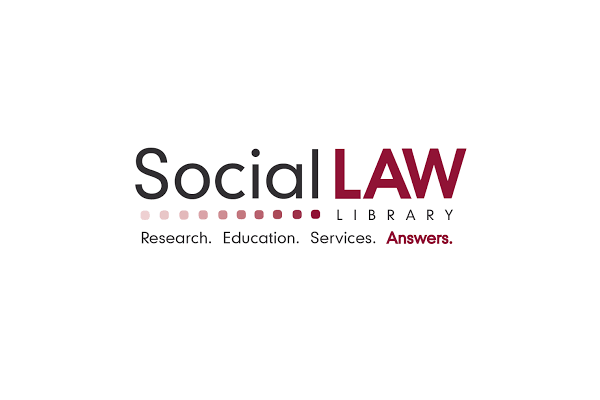The holiday season is upon us and it is a good time to review some helpful tips about avoiding pitfalls and setting yourself up for success this time of year. The trifecta, as it is often called (Thanksgiving, Christmas, and New Year’s), is historically a more challenging time of year for many of us. If the holiday season represents happy times with family and friends; then that’s great, enjoy. For many of us, this time of year brings with it social engagements with friends and family members that often include potentially risky, if not just uncomfortable, situations where your resolve is tested. It should come as no surprise to anyone that there is a higher likelihood of being offered, gifted, or simply being in the presence of more alcohol and substances over the holiday season. Here are some helpful tips to keep in mind as you make holiday plans. The tip that underlies all of the rest is, “Plan ahead!” As the saying goes, “an ounce of prevention is worth a pound of cure.”
- Schedule the social gatherings ahead of time: Reducing unexpected scenarios can help you stick to a healthy routine. Decline spontaneous invitations that would likely put you in unfamiliar territory.
- For the social gatherings/parties you plan to attend, be deliberate about your intentions: If you have the ability, be the one to throw the party and proactively set the tone by making it a sober-themed party. If you are attending someone else’s party, or an office party, be cognizant of the fact that people might automatically hand you a drink or dessert containing alcohol, unless you tell them not to. Don’t be shy to ask for the ingredients in the food that you are offered.
- If you will be traveling out of town, do your homework: Research recovery meetings in the area and plan to call a sponsor or supportive friends on a regular basis to check-in.
- Be selective about which social gatherings to attend: Often times you will be invited to parties of people you know. Based on your prior knowledge of those people (and the type of parties they throw), be realistic about whether that particular party will be good for you to attend.
- Have an ally with you at gatherings: Whether it is another friend who is in recovery or just a trusted friend/family member, it is an immense help to have someone “on your side”. Having an ally can help you withstand the pressure of a crowd and stick to your point of view.
- Don’t abandon healthy habits: Whether this is eating, drinking, sleeping, or other behaviors, sticking to healthy routines helps you maintain your pre-holiday focus. Overeating unhealthy food during the holidays is common. However, over-indulging in one area can set the tone for “making exceptions for the holidays” which can lead to bad places.
- Acknowledge your feelings: The holidays are often difficult. They often entail mixed emotions which are best dealt with by recognizing and processing them. Identify someone to process your emotions with during the holiday season.
- Set realistic positive goals of achievement (in addition to goals of avoidance): Setting an avoidance goal (e.g., avoiding relapse) is a good foundation. However, focusing solely on avoidance can make all your efforts over the holidays seem like you are merely keeping your head above water. Setting realistic positive goals of achievement (e.g., getting to talk more in-depth with a wise family member, playing fun games, enjoying the company of friends) can add meaning and joy to your holiday season.
- Have an exit strategy: Hopefully your preparation will result in enjoyable times with friends and family. However, you should always be prepared to respond when things do not go to plan. For example, 1. Be your own ride home or be prepared to use other modes of transportation to get home (carry cab fare), 2. Have a ready-made excuse to leave a situation (e.g., use the “I’ve got to pee” line to leave a conversation), 3. Use common technologies to your advantage (set alerts on your phone or read a non-existent text and then excuse yourself to make an important call).
- Stick to your plan and be confident and decisive: Being indecisive invites others to attempt to convince you of their priorities/plans. Being decisive leaves little room for negotiation and sends the message that you are not interested in being convinced.
- Remind yourself that the holidays are just like every other day. Do what works to maintain your sobriety all of the other days of the year. A Thursday is a Thursday, whether it is December 25th or July 17th. Don’t let labels make it more than it actually is.
- Post-holiday success warning: Be prepared to respond to the self-sabotaging thought of “I made it through the holidays. Now I can relax and treat myself. I deserve ….”
The holidays are often a mixed bag of emotions and experiences. While you cannot control how the holidays turn out, being prepared to handle typical scenarios can help put you in a much better position to enjoy the positive aspects of the holidays and remain strong in your sobriety.
Shawn Healy, Ph.D. & Barbara Bowe, LICSW



